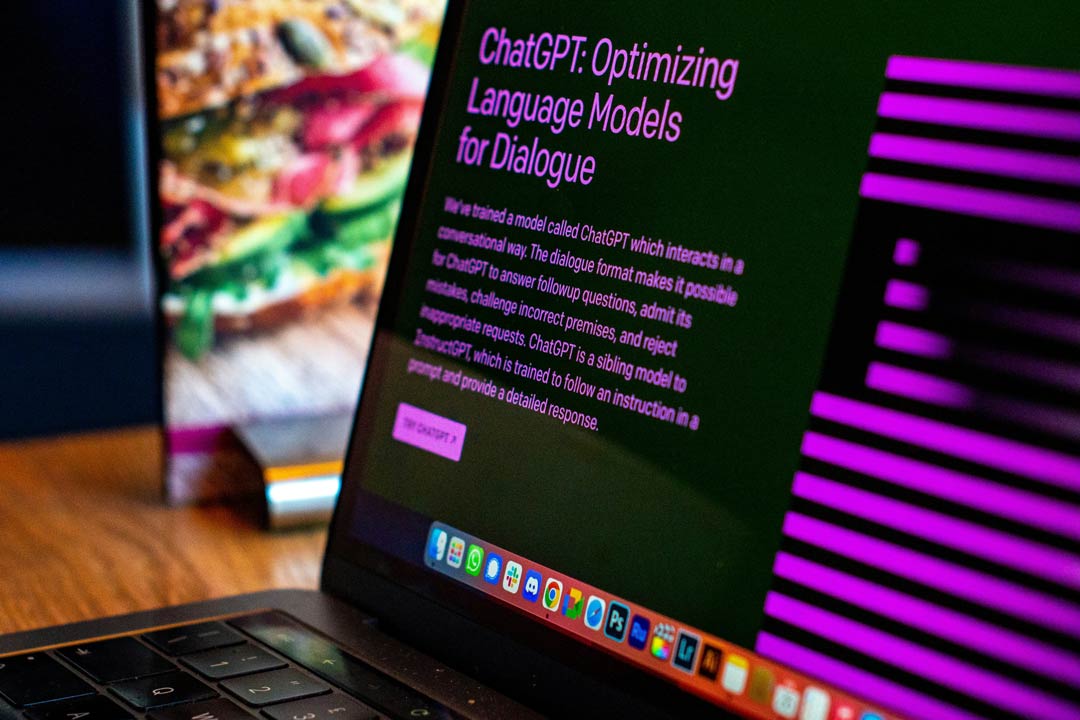
For the avid internet users out there, we all know about Google search. Need directions? Ask Google. Need to know what happened where? Ask Google. Trying to figure out the latest trends here and there? You got it, ask Google. Well, now, OpenAi does it again with the ChatGPT search feature, offering real-time search capabilities, and summaries too… talk about giving Google a challenge. I mean, this isn’t just a typical search engine; it’s an AI-powered assistant giving Google a run for its money.
To start things off, there are Real-Time, AI-driven insights: Unlike Google, which primarily offers search results, ChatGPT Search aims to provide instant, AI-curated summaries. Imagine asking it about today’s top trends in Uganda or the latest in tech and instantly receiving a synthesised answer, often from multiple sources, without having to scroll and click and navigate the different sponsored results that don’t often provide what you need.
As if that’s not enticing enough, ChatGPT Search compiles information from various sources into one cohesive response, even including citations for added transparency. Users can see where the insights come from and even follow up with the original sources in case they are interested enough in the topic to explore it further… kind of like reading a blurb on a movie poster to see whether it will be good enough for you before you commit to buy. This could attract users who want a quick summary while still offering the option to dig deeper.
However, everything has its set of limitations. So, while ChatGPT Search brings powerful capabilities, it does so with some key limitations designed for privacy and ethical use. Unlike Google, which can surface virtually any available content, ChatGPT Search has built-in safeguards to avoid sensitive information and prioritise safe, reliable sources. This feature is a smart balance between accessibility and responsibility, particularly in regions with varying levels of internet freedom. This, however, is an intentional limitation imposed by the company to maintain good graces.
ChatGPT Search vs. Google
The short answer is, not yet. Let’s face it, Google’s vast data infrastructure, indexing capabilities, and extensive ad-based ecosystem give it unmatched reach. Google also uses sophisticated algorithms that prioritise local relevance and personalisation, making it deeply entrenched in both daily searches and commercial advertising. They have been around for so long they have a little piece of anything. However, the unique appeal of ChatGPT Search, and to be honest, its selling point is its ability to condense and contextualise information—a trait that works for those looking for efficient, high-quality responses. We don’t always need the full Google search page, sometimes, we just want a clear, concise answer to our ‘How do I do this?’ question.
To put it plainly, the ChatGPT Search experience leans more toward conversational AI, which could attract users seeking more dynamic interactions. It’s particularly compelling in educational or professional settings, where summarised insights are more valuable than a list of links. This might lead to a complementary role where Google remains the primary search engine, but ChatGPT becomes a go-to for deeper analysis.
For bloggers, journalists, and researchers, ChatGPT Search offers an efficient way to stay updated on the latest topics without endless scrolling. For instance, a Ugandan blogger could quickly gather insights on trending topics like economic recovery or digital innovations in fintech. This functionality could inspire new content ideas and reduce research time.
While ChatGPT Search doesn’t yet unseat Google as the internet’s primary search tool, it does present a strong alternative, especially for users who value summarised, accurate, and reliable information. This feature hints at a future where we may rely on a blend of traditional search engines and AI-driven conversational tools, each catering to different needs in the ever-expanding landscape of online information.